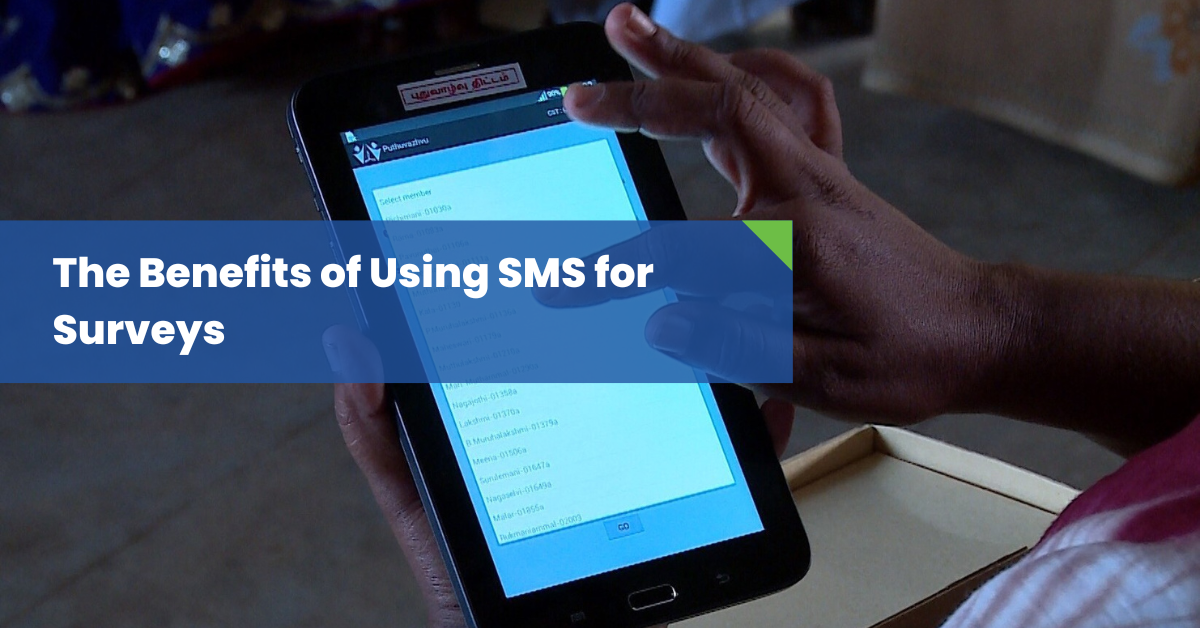
In 2013, Uganda launched a strategic plan dubbed Vision 2040 to transform the country from a “Peasant to a Modern and Prosperous Country” within three decades. This vision from the onset has had information and communications technology at its core pillar.
In an official report by Uganda Communications Commission (UCC), mobile subscriptions stood at almost seven SIM cards for every ten Ugandans in the first quarter of 2021. Less than half of Ugandans have access to a mobile phone with 71% of those connected using a basic phone. This is according to AfterAccess. However, in 2021 the GSMA estimated that Uganda had a smartphone adoption of 16% which is markedly lower than the 30% average for Sub-Saharan Africa.
These statistics point to a direction of growth for businesses that are willing to adapt to the changing times. According to the data above it is easy to note that an impressive 71% of Ugandans who own phones use a basic phone whose power and use are far less than that of smartphones. For any business to thrive, it will need to understand the need of its customers by adopting technologies that best suit them. A lot of businesses are embracing technology and this is shown by how many of them are going online thanks to the pandemic. Businesses are developing websites and embracing mobile apps now more than ever to enable them to serve their customers better by collecting their feedback through different communication channels. This kind of communication however only caters for the 29% of Ugandans with phones. What happens to the rest without smartphones? How can an established business get feedback from customers?
One of the most effective ways is to use a Short Message Service (SMS). Text messaging cuts across nearly all socioeconomic classes regardless of geographical locations. According to GeoPoll, collecting data via text messages is still the go-to tool. Text messages (SMS) can be sent to any type of phone with or without internet access. The messages are received even if the phone does not have service or is turned off at the time of sending the message. This shows how SMS is popular and affordable for research.
According to Duke Mobile App Gateway, the response time to text messages is unparallel. More than 90% of text messages are read within three minutes. Text messages allow a business intending to survey to reach more client participants easily. Over 90% of texts are opened compared to only 20-30% of emails when sent. This is indicative of how SMS is a reliable tool for short surveys.
It takes about 90 minutes for a response to an email and about 90 seconds for a response using an SMS on average. This increases the efficiency of text messaging compared to emails. The penetration of mobile devices in Uganda offers a plausible way to reach many people to collect data. SMS can help you collect views of people who don’t have access to smartphones provided that the messages require short and precise responses.
For a business to leverage the power of SMS, curated messages should be short and precise where respondents don’t need to type long paragraphs to respond to a particular question. UNICEF Uganda for instance uses SMS to conduct multiple surveys. This makes it possible to reach many Ugandans with or without smartphones hence simplifying the collection of data based on the need at hand. To help you get started or find out more about using SMS for surveys, you can easily sign up here to create an account or contact us in case you have any queries respectively.

